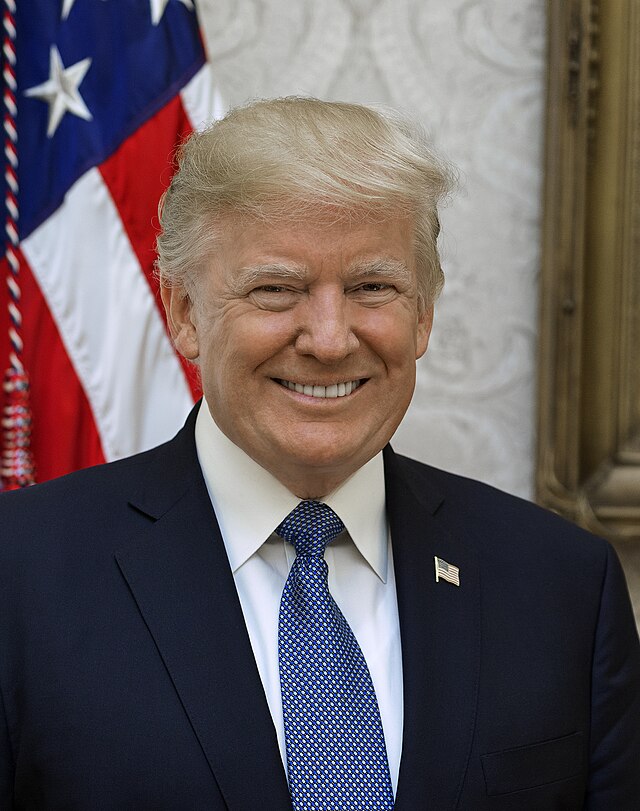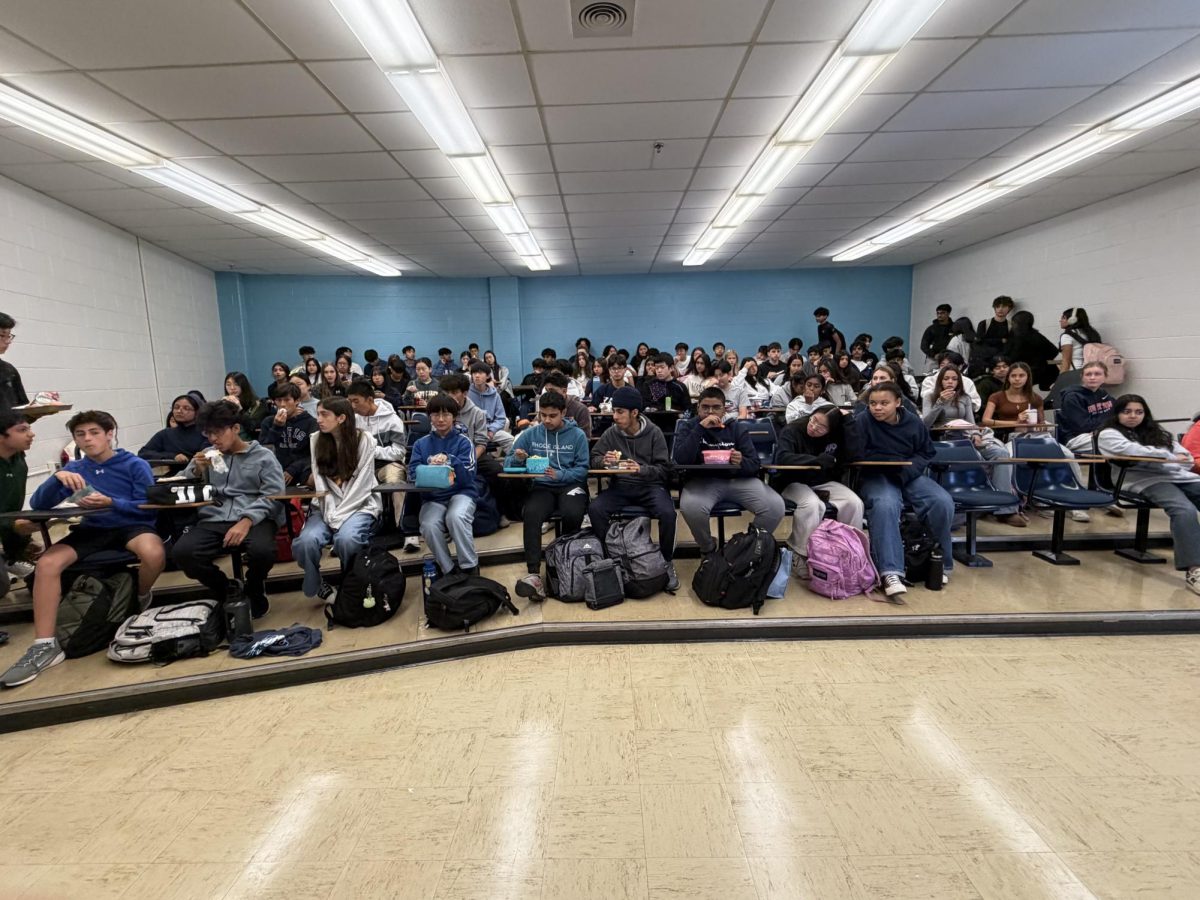When you hear the phrase “the enemy of the American people,” your first thought probably isn’t journalists or the media. However, President-elect Donald Trump referred to media organizations such as The New York Times, CNN, NBC and other trusted news networks as “fake news” and “the enemy of the American people,” on his X account in 2017, according to The New York Times.
When Trump calls news sources that are generally credible and reliable “fake news,” people may start to doubt the validity of the sources that they are reading. In 2020, 33% of Americans had “no trust at all” in the mass media and 27% had “not very much trust,” compared to 31% who said they had “a fair amount of trust” and 9% who said they had “a great deal of trust” in the mass media,” according to a Gallup Poll. The increased usage of the phrase fake news “[erodes] public trust, in what up to this point, may be trusted news sources,” AP Seminar and Research teacher Michelle Hanson said.
Trump’s constant complaints against the media have eroded his supporter’s trust, as 58% of Republicans said that they have absolutely no trust in the media, according to the Atlantic. “Misinformation spreads like wildfire. What makes it worse is when those in positions of power – like Trump – manipulate the media to their advantage, even dismissing well-researched, fact-checked reporting,” Common Sense Opinion Editor Ahmed Ibrahim said.
The relationship between the government and the media has been more distant recently than it has in the past half-century, according to Columbia Journalism Review. The media has always played an important role in U.S. politics as people get their news about politics from media sources, whether online, television or printed sources. “Trump’s presidency created a more hostile relationship between the government and the media. His constant criticism of journalists made interactions between the government and the media more combative, rather than a more peaceful mutualistic relationship,” Common Sense News Editor Diya Khetan said.
One third of journalists said that they have faced violence or a threat of violence, according to NPR. In 2022, Trump said that he would jail reporters who don’t identify their confidential sources on stories that he considered to have national security implications. “Journalists need to step up and prepare for the reality of working in an increasingly hostile environment. It’s not just about reporting the truth anymore – it’s about standing firm in the face of backlash and holding up your integrity,” Ibrahim said.
When the country is divided over the media, journalists are not able to do their job. “If half the country believes most of what the mainstream media report and the other half thinks it’s mostly lies, this isn’t a partial win for journalists, whose purpose isn’t to strengthen the opposition but to give the public information it needs to exercise democratic power,” according to the Atlantic.
Due to their being a Republican majority in Congress and a conservative majority on the Supreme Court, it likely will be much easier for Trump to pass laws concerning freedom of the press without any opposition. For example, Trump has told Republican Congress members to block the passage of the Protect Reporters from Exploitative State Spying Act (PRESS Act), according to the New York Times. This act would essentially prohibit the federal government from compelling journalists to disclose certain confidential information such as identifying sources.









